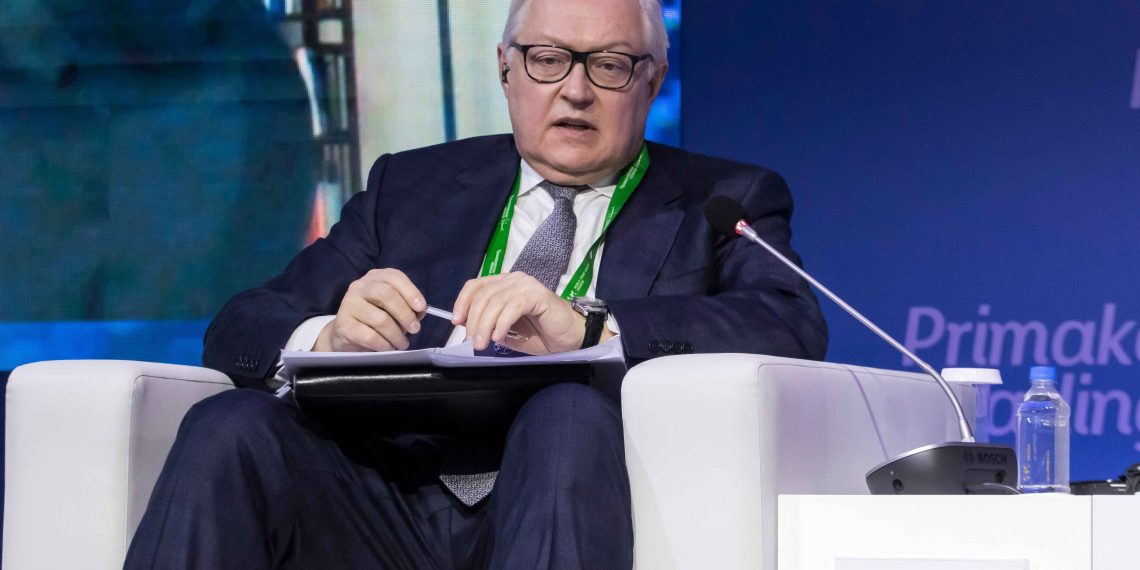The BRICS summit in Kazan, Russia, marks a pivotal moment in reshaping global economic and geopolitical dynamics. Hosted under Russia’s presidency, the summit brings together Brazil, Russia, India, China, and South Africa for what could be one of the decade’s most critical meetings, aimed at advancing the agenda for economic growth and restructuring global governance.
Preparations for the summit were led by Russian Deputy Foreign Minister Sergey Ryabkov, with key meetings held in Moscow to set the stage for discussions on financial cooperation, central banking, and investment initiatives. The combined GDP of BRICS countries exceeds $60 trillion, with an expected 4% growth rate by the end of the year, surpassing the global average.
The summit comes amid heightened tensions worldwide, as conflicts in Ukraine and West Asia impact BRICS efforts to establish a new economic order. BRICS is keen on developing a new international payment system to reduce dependency on Western financial platforms and the U.S. dollar. Russian Finance Minister Anton Siluanov emphasized the need for a “Global Majority-friendly” financial architecture.
While discussions on a unified BRICS currency are premature, progress on initiatives like the BRICS Cross-Border Payments Initiative and local currency trade is evident. The BRICS bank, NDB, is set to play a significant role in financing infrastructure projects across member nations and the Global South.
Russian President Vladimir Putin’s remarks highlight BRICS as a “non-Western group,” not aimed against the West but offering an alternative path for development. He emphasized Southeast Asia and Africa as future growth centers, with the Northern Sea Route and International North-South Transportation Corridor as key infrastructure projects.
The summit also addresses geopolitical tensions, with a special session on Palestine, as conflicts in West Asia challenge BRICS efforts. Putin reiterated Russia’s stance on resolving the Israel-Palestine issue and condemned the “Nuclear Ukraine” scenario as a dangerous provocation.
The outcome of the Kazan summit may signal the emergence of a new international order or reveal divisions that could delay change. The stakes are high as BRICS nations and their partners strive to redefine global economic and geopolitical structures.





















